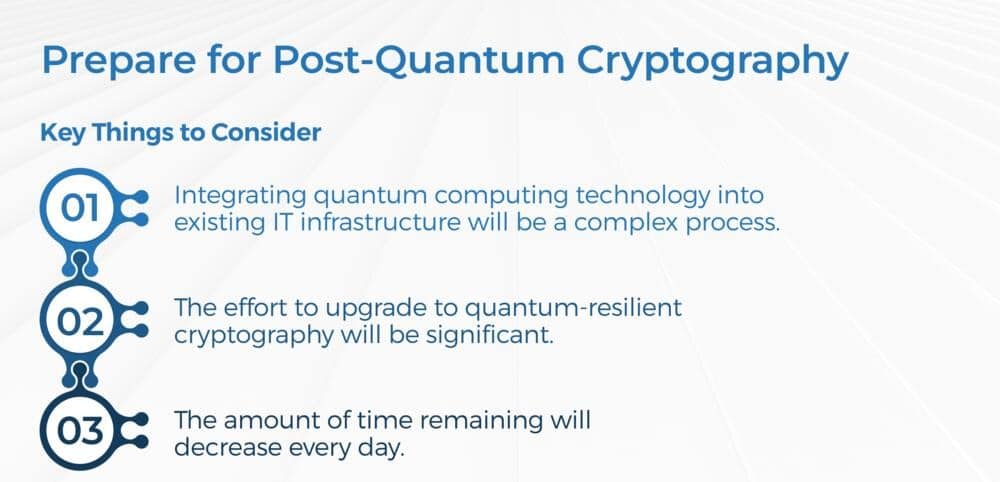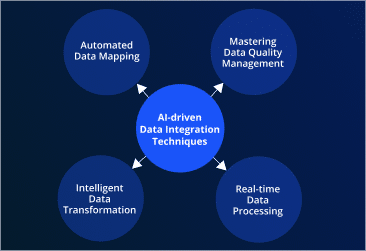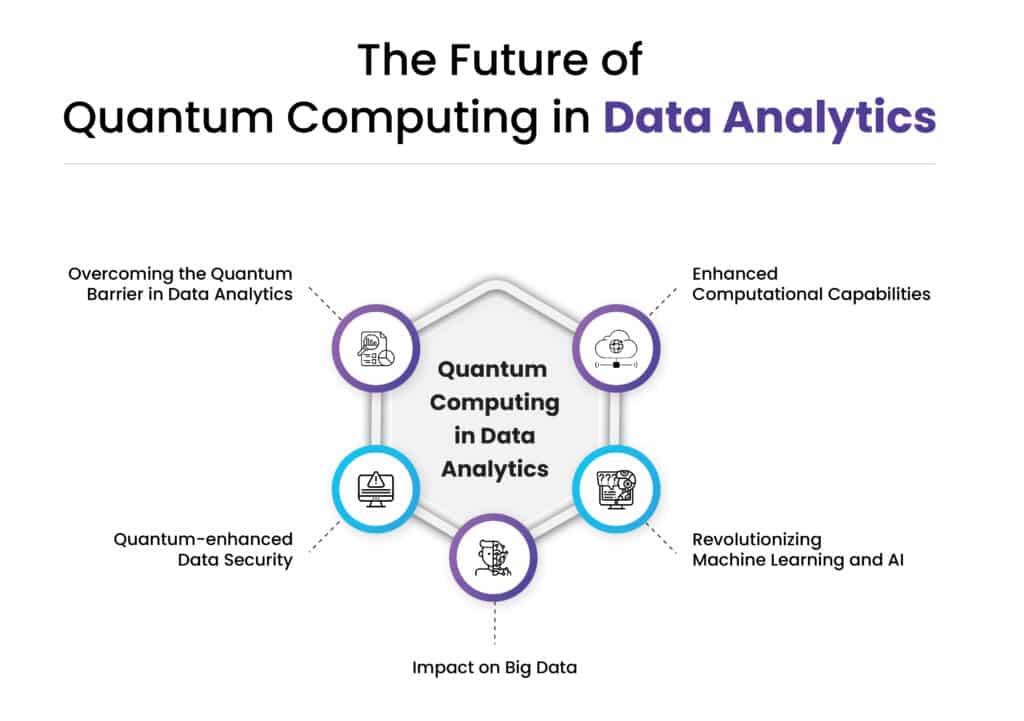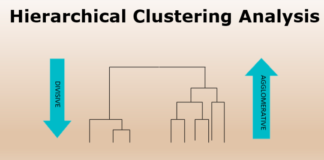Introduction to the Future of Data Processing
Data processing is evolving at an unprecedented pace, with quantum computing set to revolutionize the field. However, the journey doesn’t end with quantum technologies. As we look towards the post-quantum era, new challenges and opportunities emerge, prompting us to envision what the future holds for data processing beyond quantum capabilities.
Quantum Computing: A Brief Overview
Quantum computing represents a significant leap in data processing power, harnessing the principles of quantum mechanics to perform complex calculations at speeds unattainable by traditional computers. This section delves into the basics of quantum computing and its implications for processing.
Quantum computing harnesses the principles of quantum mechanics to process information in ways that traditional computers cannot. This technology uses quantum bits or qubits, which can represent and store information more densely and process it using quantum entanglement and superposition, offering exponential speed-ups for certain computational problems.
- Speed: Quantum computers process information exponentially faster than classical computers for specific tasks.
- Complexity Handling: They excel at solving complex problems that are intractable for classical computers.
- Innovation Driver: Quantum computing is poised to drive breakthroughs in various fields like cryptography, material science, and optimization.
The Post-Quantum Era: What Lies Beyond

As we anticipate the widespread adoption of quantum computing, it’s crucial to explore what the next frontier in database processing might look like. This section explores potential advancements and the evolving landscape of computational technologies beyond quantum computing.
While quantum computing holds immense promise, the post-quantum era will likely introduce new computational paradigms that could either complement or surpass quantum technologies, addressing limitations and exploring uncharted territories of computing.
Advanced Cryptography
As quantum computing poses threats to current cryptographic standards, the post-quantum era will necessitate more secure cryptographic protocols that quantum computers cannot easily break.
Neuromorphic Computing
Mimicking the human brain’s structure and functionality, neuromorphic computing offers an alternative path, focusing on efficiency and adaptability in processing complex, unstructured data.
Emerging Technologies in Data Processing
The post-quantum era will witness the rise of groundbreaking technologies that will further transform data processing. From neuromorphic computing to advanced cryptographic methods, this section examines the innovations poised to redefine the data process.
The future of data computation extends beyond quantum computing, encompassing a range of technologies that promise to transform how we store, analyze, and interpret data.
- Neuromorphic Computing: Simulating neural architectures to enhance computing efficiency and decision-making processes.
- Edge Computing: Processing data closer to its source to improve speed and reduce latency.
- Advanced Cryptography: Developing new cryptographic methods to secure data against the potential threats posed by quantum computing.
Integrating AI with Advanced Database Processing

Artificial Intelligence (AI) will play a pivotal role in shaping the future of data processing, offering enhanced capabilities for analyzing and interpreting vast datasets. This section explores how AI integration can augment database processing in the post-quantum era.
AI’s integration into data processing extends its capabilities, allowing for more sophisticated analysis, predictive modeling, and decision-making processes, thereby amplifying the insights derived from data.
- Predictive Analytics: Using AI to predict trends and patterns from vast datasets.
- Natural Language Processing: Enhancing data processing with AI-driven text analysis and comprehension.
- Automated Decision Making: Employing AI to automate complex decision-making processes based on data insights.
Case Studies
This section presents real-world examples where advanced data processing technologies have been applied, showcasing their potential to solve complex problems and drive innovation across various industries.
Financial Sector
- Utilization of advanced data processing in fraud detection and risk management.
Healthcare
- Leveraging data processing advancements to enhance patient care and medical research.
The Role of Blockchain in Future Data Processing
Blockchain technology could significantly impact data computation, offering enhanced security and transparency. This section explores blockchain’s potential applications in the realm of data processing.
Ethical Considerations in Advanced Data Computation
As data processing technologies advance, ethical considerations become increasingly important. This section discusses the ethical implications of emerging data computation technologies and the importance of responsible innovation.
As data processing technologies evolve, they raise significant ethical questions regarding data privacy, security, and the potential for misuse, necessitating a balanced approach to innovation.
- Data Privacy: Ensuring advanced data computation methods protect individual privacy.
- Bias Mitigation: Addressing and reducing biases in AI and data computation algorithms.
- Transparency: Maintaining clarity in how data is processed and decisions are made.
Preparing for the Future: Strategies for Businesses
Businesses must adapt to stay relevant in the rapidly evolving data processing landscape. This section provides strategies for businesses to harness the potential of advanced data processing technologies and prepare for the post-quantum era.

To leverage advanced data processing technologies, businesses need to adopt proactive strategies that embrace innovation while addressing the associated challenges.
- Invest in Emerging Technologies: Stay ahead by investing in and adopting emerging data computation technologies.
- Skills Development: Equip your workforce with the necessary skills to leverage these new technologies effectively.
- Strategic Partnerships: Collaborate with tech firms, academic institutions, and research bodies to stay at the forefront of innovation.
Conclusion
The post-quantum era promises to bring a new wave of technological advancements in data processing, offering unprecedented opportunities and challenges. By understanding these emerging trends and preparing accordingly, businesses and individuals can navigate the future landscape of data computation effectively.



